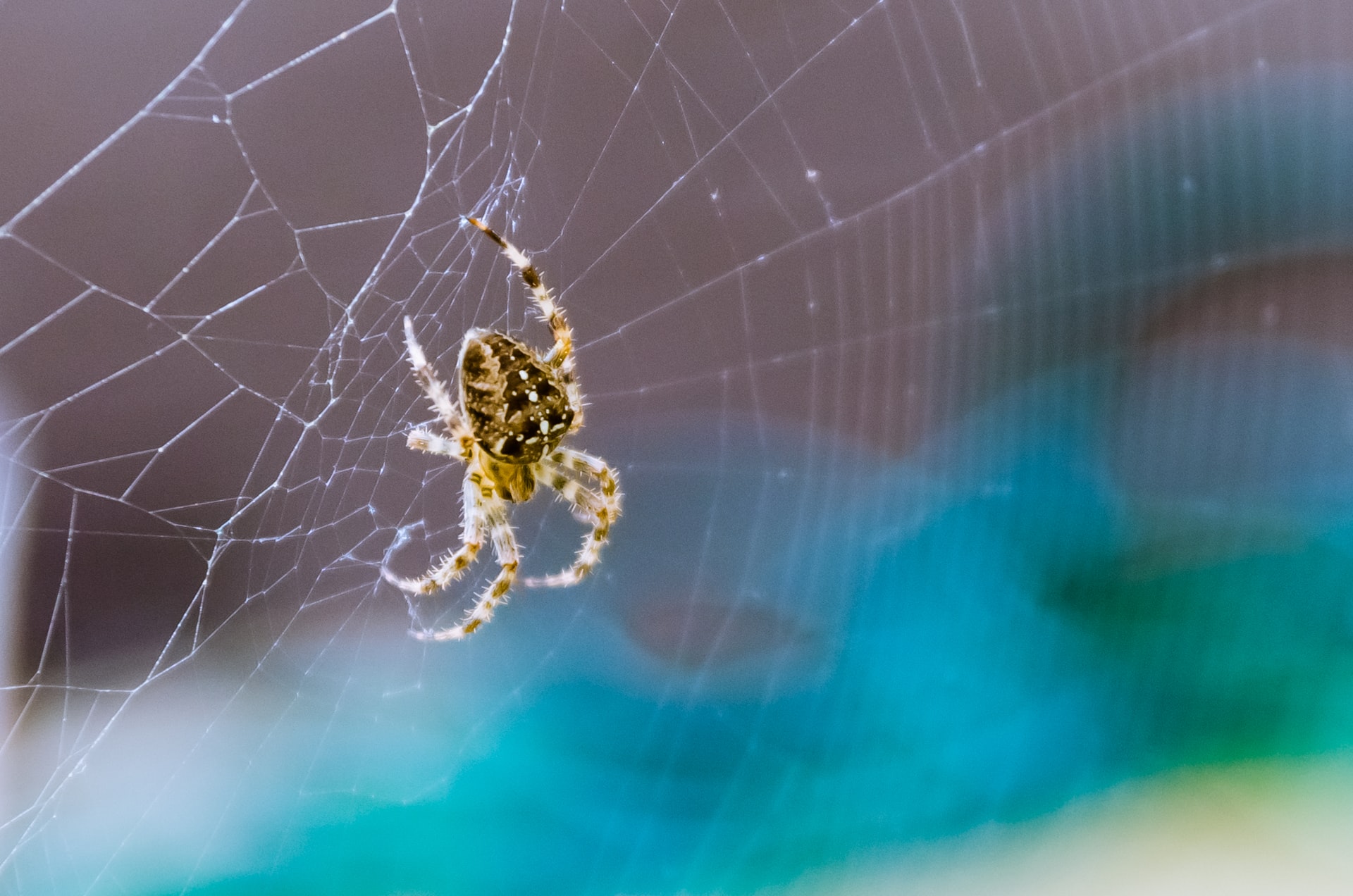Plant protection vs. pest control

Plant protection vs. pest control
Integrated crop protection – safe yields without biocides
5 to 20 percent of global harvests fall victim to insect pests. Rising temperatures and mild winters could result in up to 50 percent of future agricultural yields being destroyed by pests. Because of the lacking cold, insects hatch earlier, grow faster and eat more. How can our agriculture tackle this problem while at the same time meeting the demand for lower pesticide use? Are there effective alternatives to insecticides that can safeguard our harvests?
Integrated crop protection – as little chemicals as possible, as much as necessary
For conventional agriculture, integrated crop protection offers a whole range of methods. In addition to the demand-oriented and targeted application of pesticides, the inclusion of pest-killing beneficial organisms is one important factor. Beneficial insects are organisms that contribute to the natural regulation of pest populations through their feeding and breeding behavior. In order to include them in plant protection, several things have to be considered:
Most fields already contain beneficial organisms that are to be found and protected
During field monitoring and pest searches, the number of naturally occurring beneficial insects is also to be determined. In each field, about 1,000 different spider and insect species can be detected, all of which are nutritionally related to each other, to the soil and to the plants. Only about 30 of these species are actually pests. About 350 species belong to the group of beneficial insects while most of the remaining rest does not play an important role in plant protection. It is notable that nature alone already holds great potential for regulation.
When using crop protection agents, the side effects on beneficial insects should be considered. Hardly any insecticide kills only one particular organism. Usually, other animals are also affected or killed.
Field margins and wood hedges – habitat for insects and other beneficial insects
Habitats must be protected, promoted and, if necessary, created. Beneficial insects need habitats and retreat areas from where they swarm out into the fields in search of food.
For example, arable conservation strips provide a habitat for reduced aphid infestation up to 20 meters into the field. This involves cultivating three to eight meter wide field margins, but keeping them free of pesticides and fertilizers. Such strips have a 10 to 60 percent higher number of predatory ground beetles and spiders. Pests that appear on the adjacent field crops are a real find for them.
The so-called Brandenburg plywood hedge even reduces the infestation of cultivated plants to a depth of up to 100 meters. The plywood hedge with a six-meter wide flowering strip provides an attractive habitat not only for beneficial insects, but also for other valuable organisms such as songbirds.
It can be useful to apply humic acids to such areas in order to create species-rich flora as a prerequisite for the settlement or conservation of beneficial insects on and next to arable land. Soils are often leached and nutrient-poor due to long-term monoculture. Humic acids promote plant growth and soil fertility over the long term. In addition, possible toxic soil residues are permanently bound.
Some beneficial organisms are already being bred en masse for outdoor use
Especially effective insects can be selectively introduced to control a given pest infestation. Beneficial insects are particularly effective in greenhouses, but farmers have also repeatedly been successful in open fields and orchards.
In fruit tree plantations predatory mites are among the most important useful insects. They colonize the trees and make spraying with mite-killers unnecessary. The ichneumon fly for example has been successfully used against the whitefly on tomatoes since the 1970s. The corn borer and codling moth can also be put in their place with the help of the ichneumon fly. Parasitic nematodes (threadworms) have proven successful against beetle larvae in the field.
Biological pest control – a future model?
The method of pest control with beneficial insects has become established worldwide. In the Spanish region of Almeria, the area used for biological pest control grew from 500 to 15,000 hectares between 2004 and 2008.
Syria has also consistently reduced its insecticide use since 1970. Today, poisons are only sprayed on around one percent of the cotton fields. France has cut its insecticide use by around 60 percent through integrated crop protection without significant crop losses.
Sustainable crop protection is a task for all of society
It is clear that cultivation strategies and methods must be completely reconsidered if pesticides are to be drastically reduced. The challenge is tremendous, but there are promising possibilities – from integrated crop protection to the use of humic acid-based soil conditioners and fertilizer management. However, these changes cannot be managed by farms alone. New laws should also bring financial support and extensive training; and consumers are also called upon to use their market power consciously and sensibly – ensuring the survival of our farms is a task for society as a whole.
Learn why healthy plants are less likely to be attacked by pests in this article.

